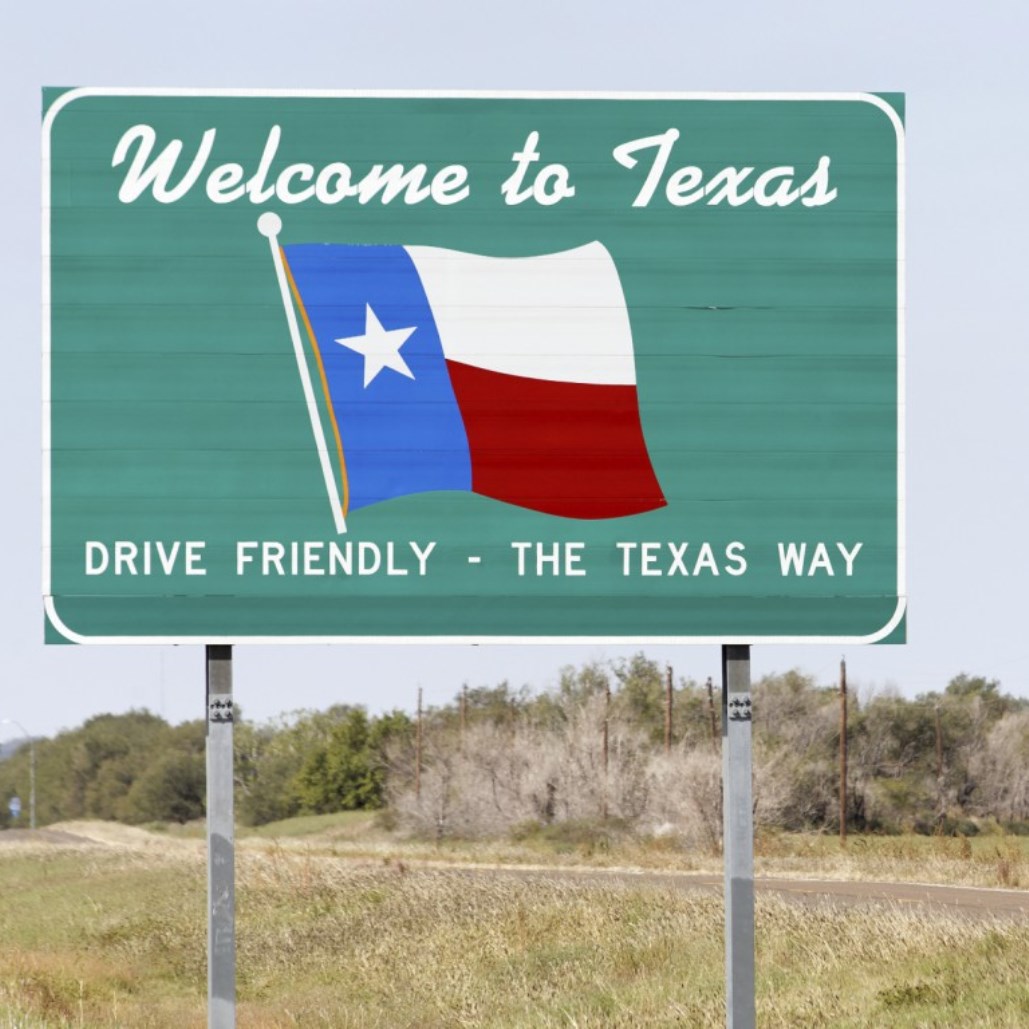
In Texas, water and oil are not the only things worth fighting over. So is whiskey.
In February of 2015, Wal-Mart Stores Inc. (NYSE: WMT) sued the state of Texas which had refused to grant a liquor sales license to the retail giant. According to a report at abc13.com, Wal-Mart sells beer and wine in its 574 Texas stores, but it wants a piece of the state’s $14 billion hard sales.
The suit was scheduled to go to trial next month, following a judge’s ruling that the Texas Package Stores Association could not intervene in the case on the side of the state’s Alcoholic Beverage Commission. That ruling was overturned last week and the judge will have to set a new trial date, most likely early next year.
Texas law forbids a publicly traded company from owning package liquor stores. That bit of the state’s regulations was added in 1995 to a law first enacted in 1935 following the repeal of prohibition. The law also forbids liquor sales in grocery stores, a restriction Wal-Mart has said it would meet by “dedicating a distinct piece of property at stores to the liquor operation.”
State law also prohibits a single owner from holding both a beer and wine license and a package store license. Liquor license holders are limited to owning no more than five package stores, but there are ways around that limitation. A website called Wine Curmudgeon summed up the effect nicely:
For the first 60 years after repeal, the biggest liquor stores had a gentleman’s agreement not to compete outside of their markets. So Spec’s was in Houston, Sigel’s (no relation) was in Dallas, Pinkie’s was in west Texas, and Majestic was in Fort Worth. Everyone made money, and everyone was happy.
Alcoholic beverages were the fourth-most popular U.S. beverage in 2014, with consumption totaling 7.7 billion gallons. Soft drinks led the 51.3 billion-gallon beverage market with consumption of 12.8 billion gallons, followed by bottled water (10 billion gallons), and coffee (9 billion gallons). Hard liquor also posted the highest year-over-year growth in 2014, up 1.6% compared with an increase in wine sales of 0.7% and a drop of 0.5% in beer sales.
The Average American Has No Idea How Much Money You Can Make Today (Sponsor)
The last few years made people forget how much banks and CD’s can pay. Meanwhile, interest rates have spiked and many can afford to pay you much more, but most are keeping yields low and hoping you won’t notice.
But there is good news. To win qualified customers, some accounts are paying almost 10x the national average! That’s an incredible way to keep your money safe and earn more at the same time. Our top pick for high yield savings accounts includes other benefits as well. You can earn up to 3.80% with a Checking & Savings Account today Sign up and get up to $300 with direct deposit. No account fees. FDIC Insured.
Click here to see how much more you could be earning on your savings today. It takes just a few minutes to open an account to make your money work for you.
Our top pick for high yield savings accounts includes other benefits as well. You can earn up to 4.00% with a Checking & Savings Account from Sofi. Sign up and get up to $300 with direct deposit. No account fees. FDIC Insured.
Thank you for reading! Have some feedback for us?
Contact the 24/7 Wall St. editorial team.

